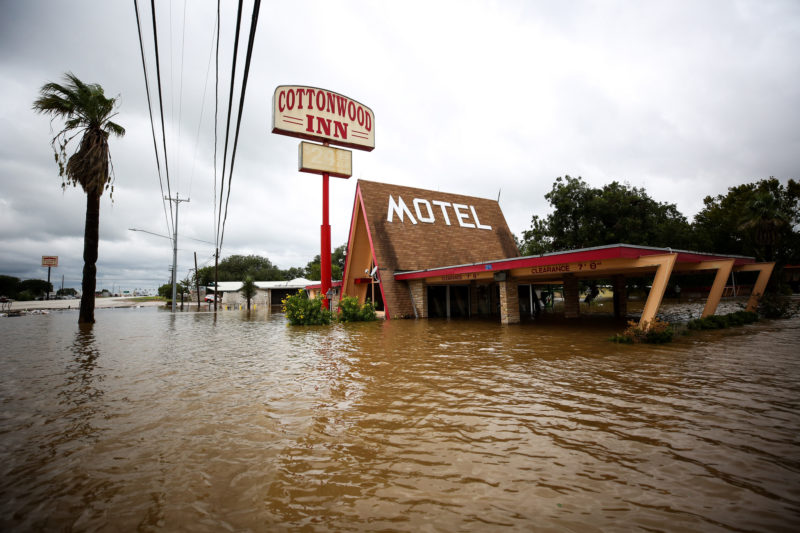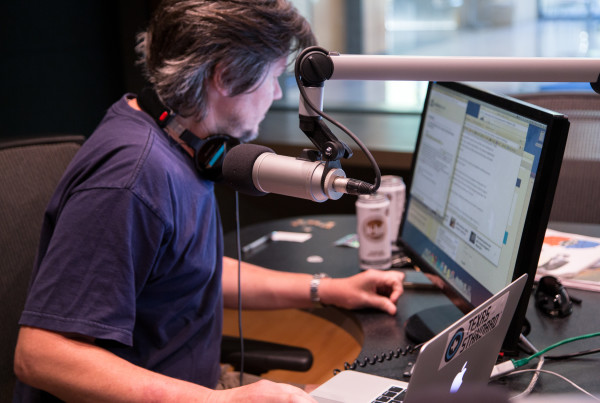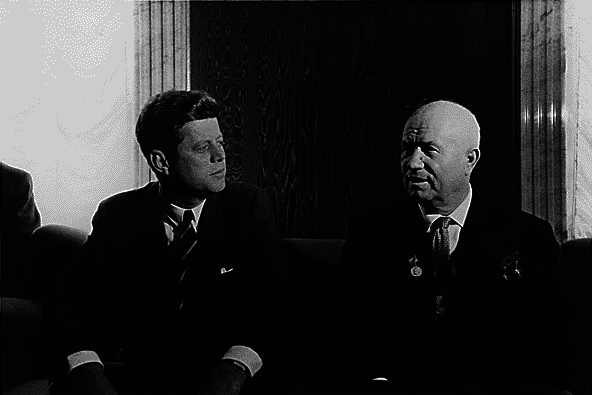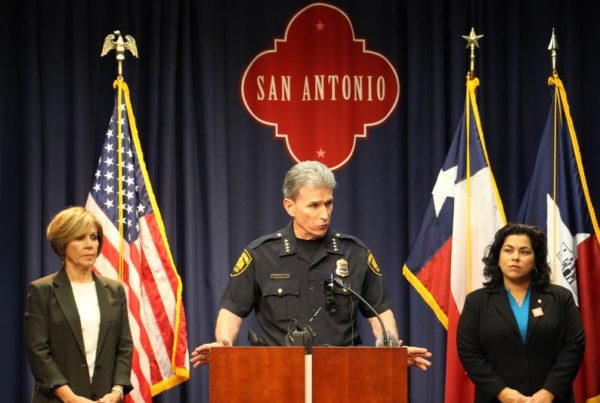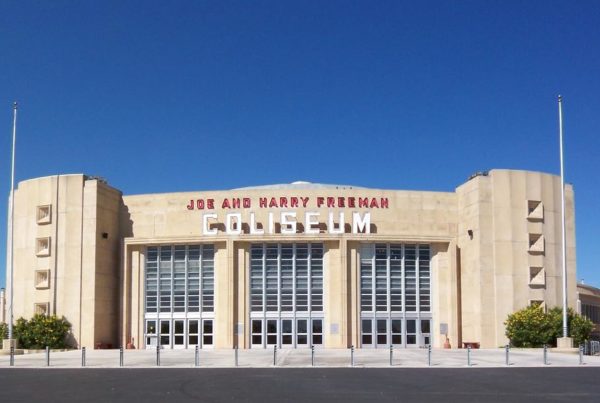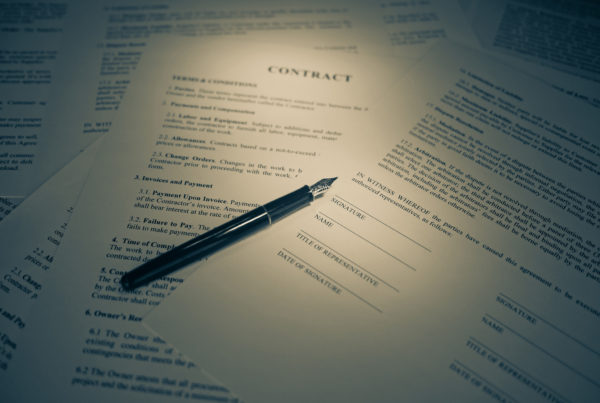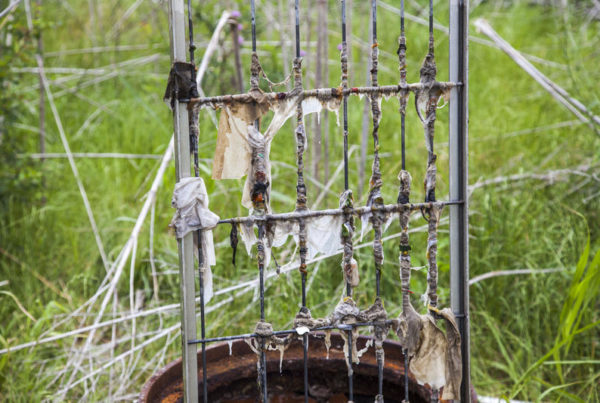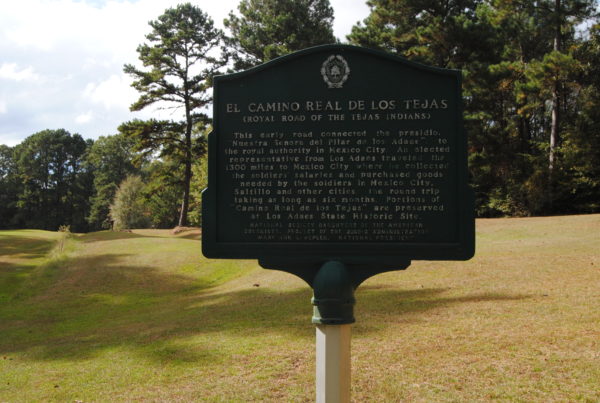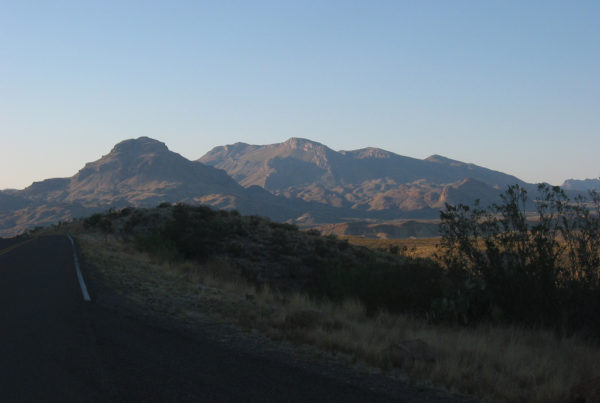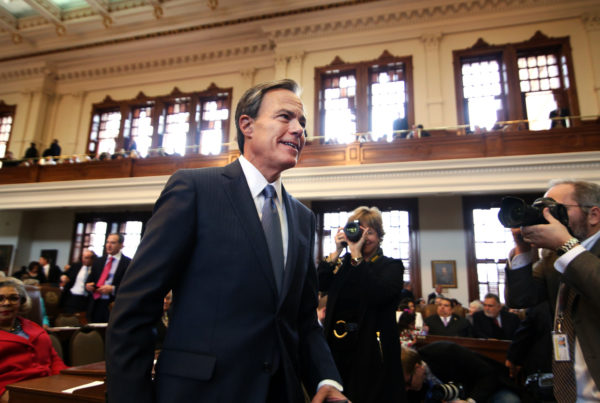Perhaps you’ve noticed a certain phrase used lately when it comes to disasters – “this is the worst.” The worst mass shooting in U.S. history, the worst fire season, and the worst weather catastrophe.
I’m Laurel Stvan and I’m a linguistics professor at UT Arlington, so that’s why I’ve been curious by our choice of words.
When Hurricane Harvey hit, it was called unprecedented, massive, and the worst ever. When an earthquake in Mexico brought down dozens of buildings, Mexican President Enrique Peña Nieto called it the worst earthquake in that country in 100 years.
The terrible killings in Las Vegas, the fires in California, and Hurricane Maria in the Caribbean were all terrible disasters that were also in one way or another the worst.
It’s been an unbelievably difficult time for a lot of our fellow human beings.
Humans have always experienced bad news, but today it feels like these events are more frequent, and more extreme. Perhaps that’s in part due to the recurrent framing of each new event as “worse than X, worse than Y, or the worst in Z years.”
So, why claim this title of “the worst”?
I’ve come up with two reasons. One, the appeal of quantifying. And two, the appeal of hyperbole. Often these two are combined, as in Spinal Tap’s dialing the volume up to 11.
Many news outlets use these tactics to attract readers, viewers, or clicks. It also seems to be a way to prove newsworthiness, as if the story would not be worth covering if it were not the worst.
I looked at the Corpus of Contemporary American English and found some of the many different measurements we use to make claims. Here are a few examples from actual events:
“The worst floods for 150 years”
“Their worst ratings in 32 years”
“The region’s worst violence in four years”
Sometimes, stories don’t even quantify the measure of “worseness”, like “what could become one of the worst flu seasons in years.”
I found that of the 131 hits of “worst” near the word “years”, this type of expression showed an increase starting in the 1920s. That dropped off a bit in the 1930s but there’s been a rise that’s held fairly steady since 1940.
A ranking framework seems to help us recall the previous times we’ve seen each type of stressor in the news – and it also help us remember that each time feels like the worst disaster ever.


